Confused about essential fatty acids? Dr Alex Richardson dives into the science behind omega-3 and 6 and how to get enough for good brain health.
For optimum brain health, few things are more important than your intake of dietary fats, but not just any old kind of fat – we’re talking omega-3s. Your brain is 60 per cent fat and for it to work properly, it really does matter what kind of fuel you feed it.
We even need saturated fats and cholesterol, which many people so often demonise – but your body can make them if needed. It can also make its own “monounsaturated” fats in the form of omega-7s and 9s.
The only fats you need and that your body can’t make, and so must come from diet, are the polyunsaturated: omega-3 and omega-6. Both are essential, but you need them in the right balance. Typical modern diets are over-rich in omega-6s – vegetable oils, meat, eggs and dairy – and seriously lacking in omega-3, particularly the long-chain forms (EPA and DHA) that fish and seafood provide.
Omega-3 and 6 fats: long vs short chain
There are different kinds of omega-3 and omega-6 fats, and it’s the long-chain ones that are biologically essential, particularly for your brain but also for every aspect of health. Confusingly, however, it’s the short-chain ones that usually get called essential. This is because, in theory, your body can convert short-chain omega-3 and omega-6s into longer-chain forms.
In practise, though, your genetics, diet and lifestyle limit this conversion. In fact, when it comes to omega-6, most people get enough of the long-chain version (AA) as we can find it in meat, eggs and dairy. And short-chain omega-6 (LA) is in all vegetable oils, nuts, seeds and grains, so modern diets provide an abundance.
But short-chain omega-3 (ALA) is in far fewer oils than omega-6, and what’s more, they compete for conversion. As a result, synthesis of DHA, in particular, is so inadequate (at 0-1 per cent), that DHA is officially recognised as a dietary essential alongside LA and ALA.
Fish and seafood are the main sources of DHA and EPA – the important long-chain omega-3 you need. But in most countries, diet and blood levels are below what we need for brain and heart health.
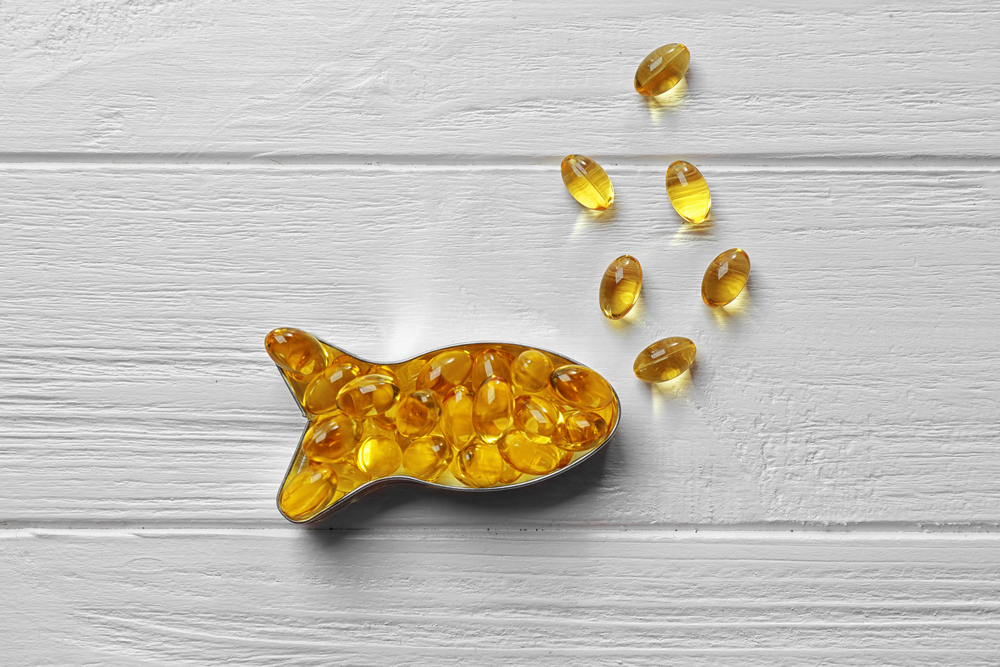
Why are omega-3 and 6 important for brain health?
All cell membranes contain omega-3 DHA (and omega-6 AA) for their normal structure and function. However, these are especially concentrated in brain and nerve cells, with DHA being particularly important for your brain.
DHA is also critical for vision, making up 30-50 per cent of your retina. We call EPA a “functional fat”. These (and DHA, AA, and other long-chain omega-3s and 6s) are raw materials for a vast array of different substances needed to regulate systems in your brain and body. They influence all brain signalling systems, as well as your cardiovascular system.
For good health, what matters is the balance between omega-3 EPA/DHA and omega-6 AA – because they often have powerful opposing as well as complementary effects. This explains why public health statements from governments worldwide emphasise the importance of eating fish.
For example, the NHS recommends two portions of fish a week, one of which being oily. Western-type diets, with their excess of omega-6 vs omega-3 fats, do not reflect this guidance, unlike Mediterranean. Research shows low blood levels of omega-3, which directly reflect diet, are linked to poor health. For many years, we’ve known that higher intakes of omega-3 fat play a key role in brain and body health.
How much omega-3 and 6 do I need per day?
Fish and seafood remain the best sources of EPA and DHA (and some AA), because they also provide other key nutrients, including selenium, vitamin D and the B vitamins. Vegans and vegetarians can get EPA and DHA from algal-source supplements.
For brain health and vision, you need a minimum of 250mg per day of omega-3 DHA to make sure you get the health benefit of eating omega-3. However, many modern diets provide 100mg per day or less.
Research trials on brain function typically measure behaviour and learning, and often use 450-1,000mg or more (up to 5,000mg per day is recognised as safe). Diet is the best source of all nutrients whenever possible, but supplements can help.
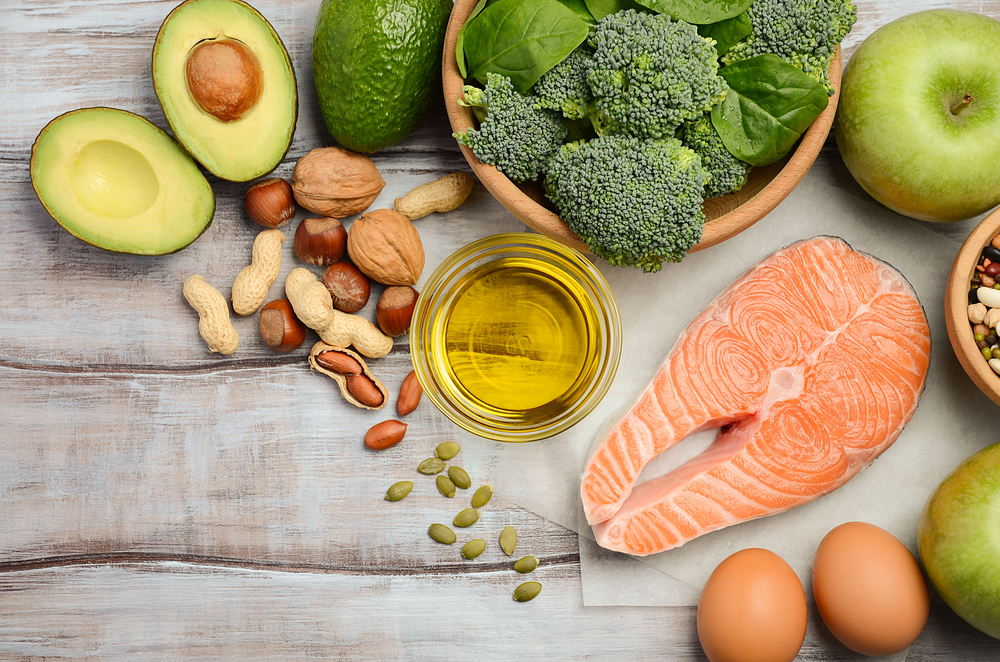
3 ways to increase omega-3s in your diet
- When choosing fish, opt for mackerel rather than cod. Mackerel is an oily fish and will contain far more omega-3 per serving than cod, prawns or squid for that matter.
- When snacking, choose fresh, oily nuts and seeds high in omega-3, including walnuts, flaxseeds and chia seeds. Raw rather than roasted nuts are also best as high heats can damage the delicate long-chain omega-3 fats.
- Rather than using a pre-prepared salad dressing, butter or sunflower oil on your salads and veggies (which contain more omega-6 than 3) try cold-pressed oils of walnut or flaxseed, both of which are rich in omega-3 and don’t have a very strong taste.
Best sources of omega-3 DHA and EPA:
- Baked salmon fillet – 1,900mg per portion
- Tinned sardines – 882mg per portion
- Smoked salmon – 425mg per portion
- Smoked mackerel – 4,830mg per portion
6 omega-3 brain health supplements

Healthspan High Strength Omega 3
Healthspan High Strength Omega 3 (£8.95) contains 1,000mg fish oil, a third of which is pure omega-3. The oil is purified to remove saturated fat, cholesterol and pollutants.
It is sourced sustainably from the South Pacific Ocean and with Friend of the Sea certification. Contains 120mg DHA and 170mg EPA per capsule.
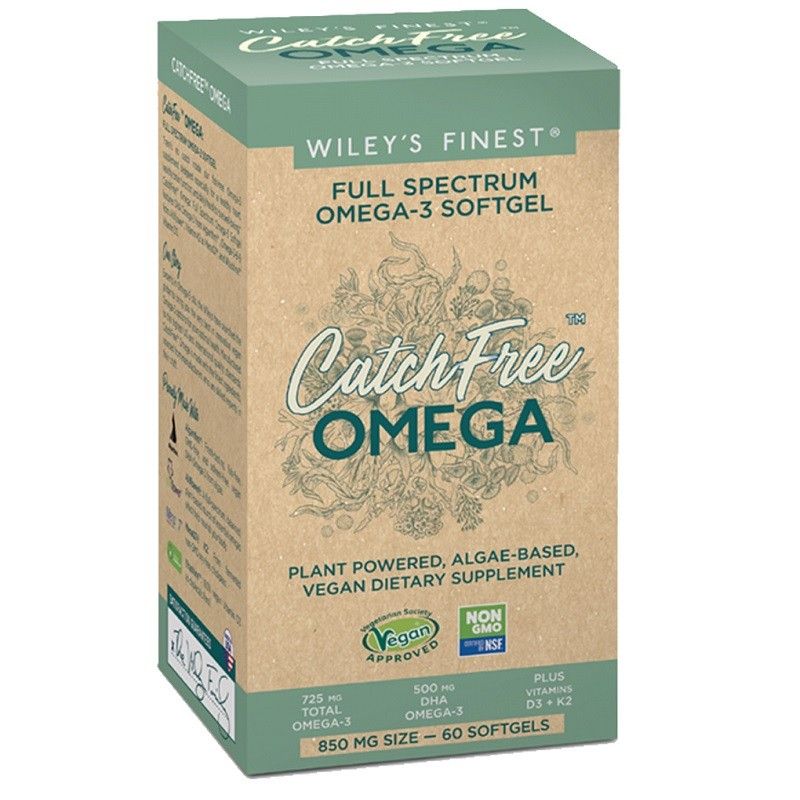
Wiley’s Finest CatchFree Omega 3
Wiley’s Finest CatchFree Omega 3 (£29.99) is a plant-based supplement for vegans and vegetarians containing DHA Omega-3 derived from marine algae and the British-grown Ahiflower. It also contains vitamins K2 and D3 for an immune boost.
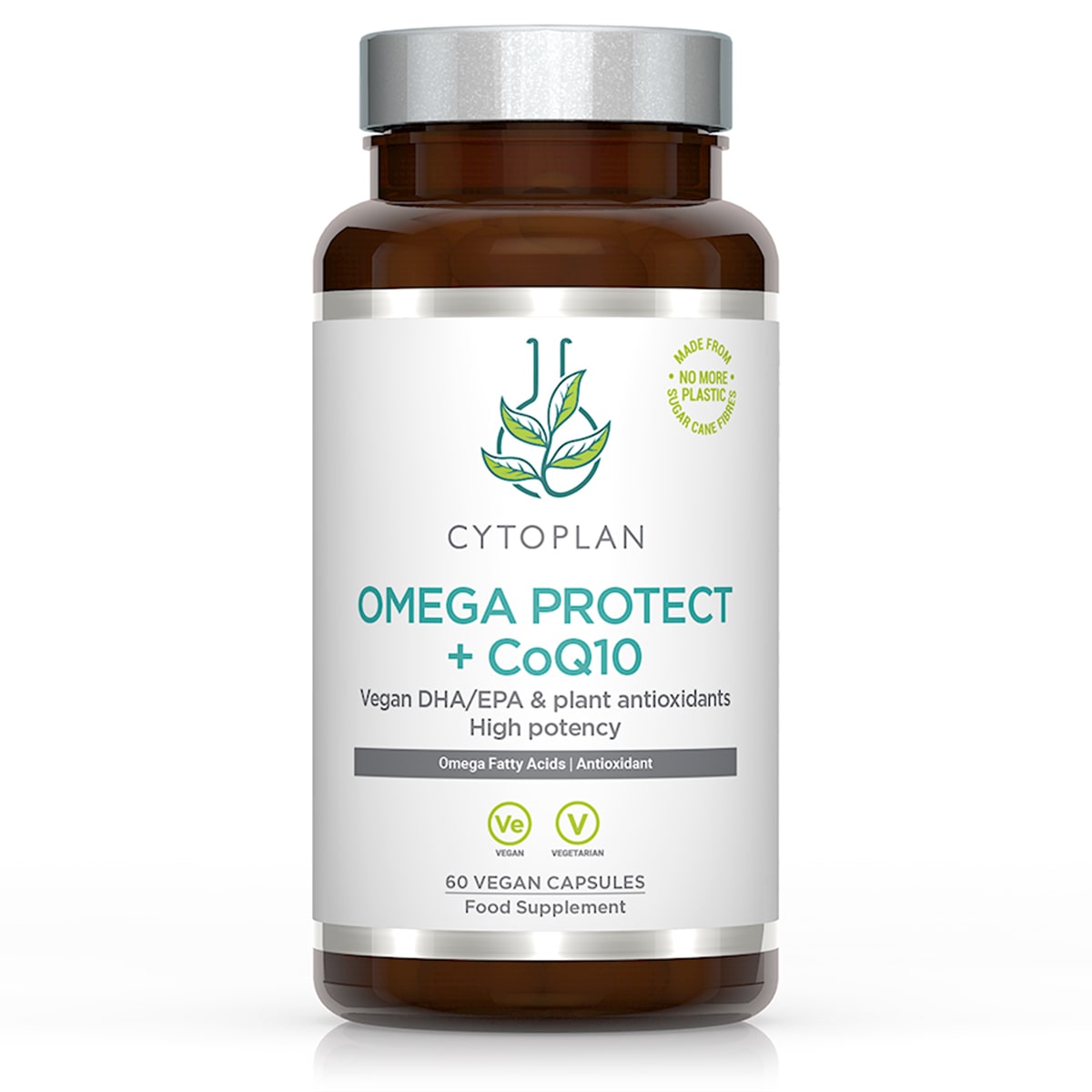
Cytoplan Omega Protect + CoQ10
Cytoplan Omega Protect + CoQ10 (£33) is a new, powerful omega-3 and antioxidant-rich formula, containing both omega-3 DHA and EPA from natural algae, with CoQ10, oregano, rosemary and grapeseed oils – all of which are great for brain function and health. It’s also vegan and comes in a plastic-free pot.

Efamol Efalex Brain Formula Liquid
Efamol Efalex Brain Formula Liquid (£9.99) contains a special combination of fish oil. It is rich in omega-3 fats, DHA and EPA, plus evening primrose oil.

Efamol Active Memory
Efamol Active Memory (£11.49) provides omega 3 DHA to support brain health and function, as well as important B vitamins, phosphatidylserine and ginkgo biloba to help maintain memory and preserve cognitive function.
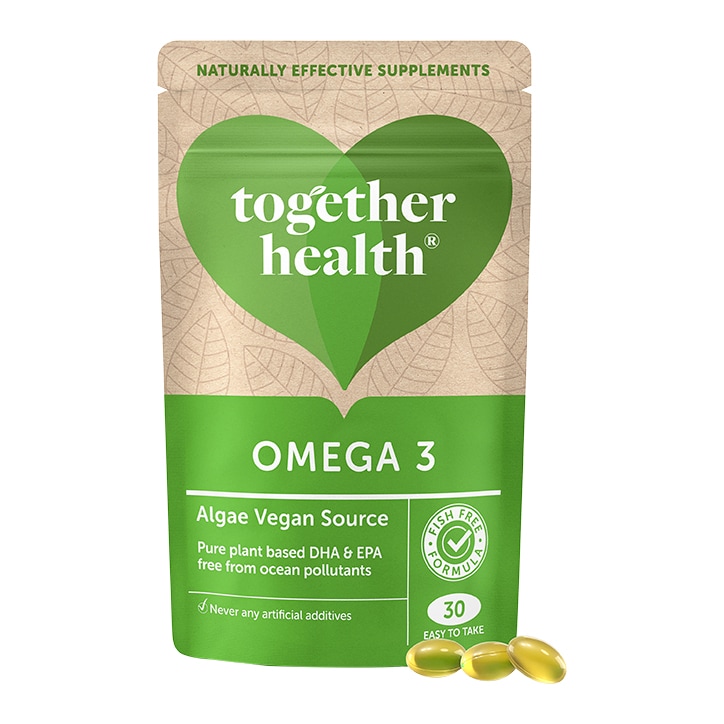
Together Health Omega 3
Together Health Omega 3 (£13.99) is a clean source of EPA-rich omega-3 from algae, helpful for vegetarians and vegans as it’s completely plant based and fish free.







